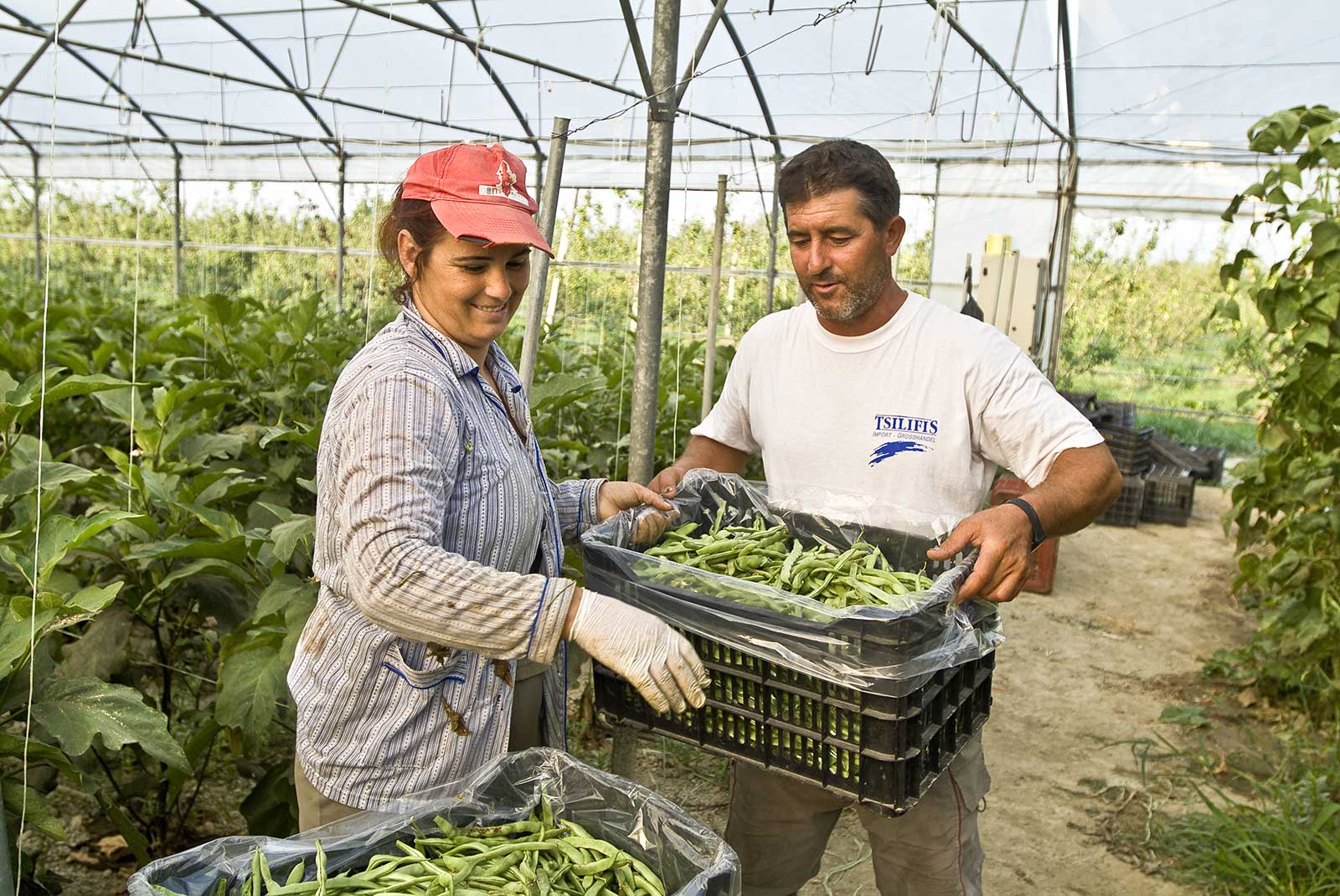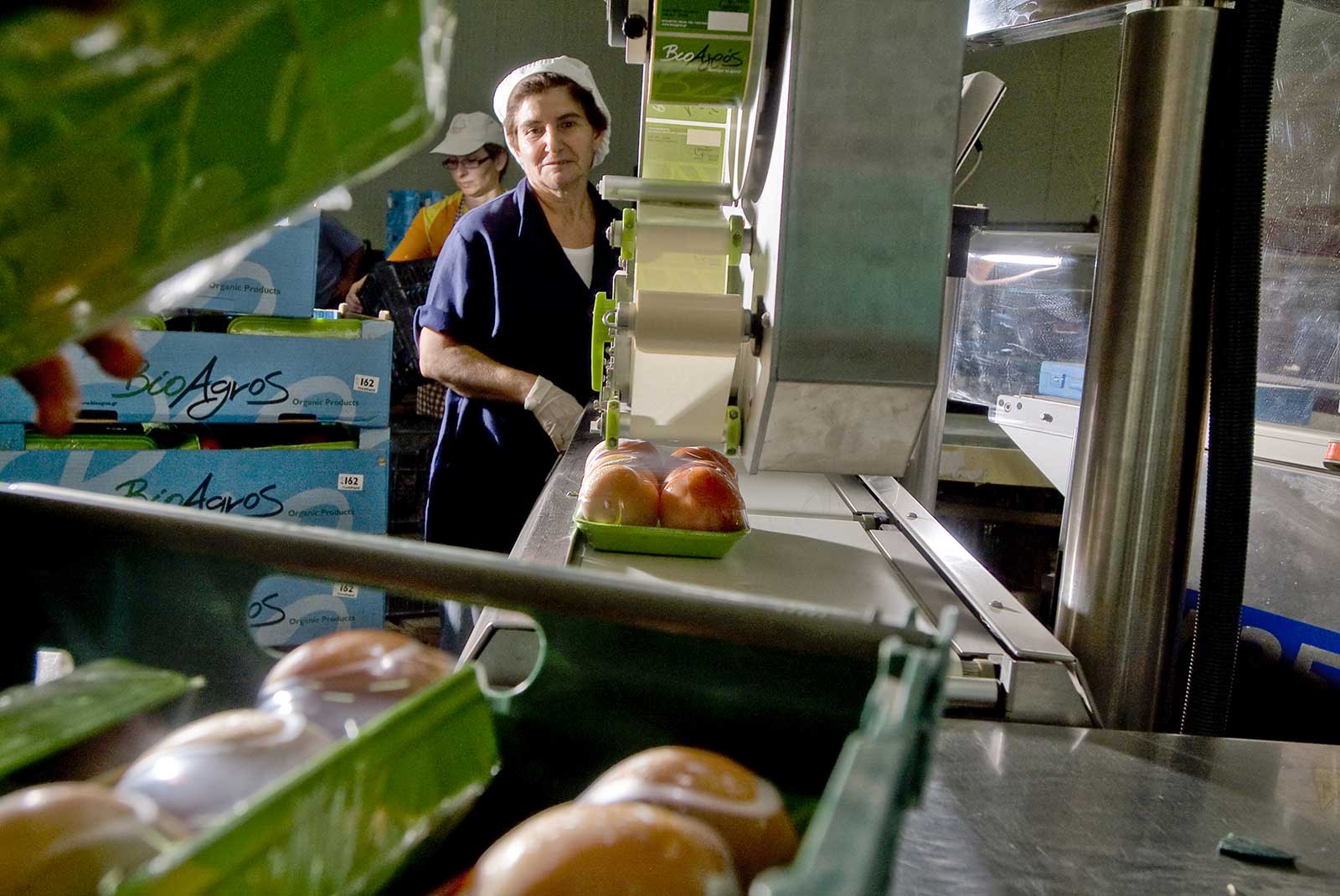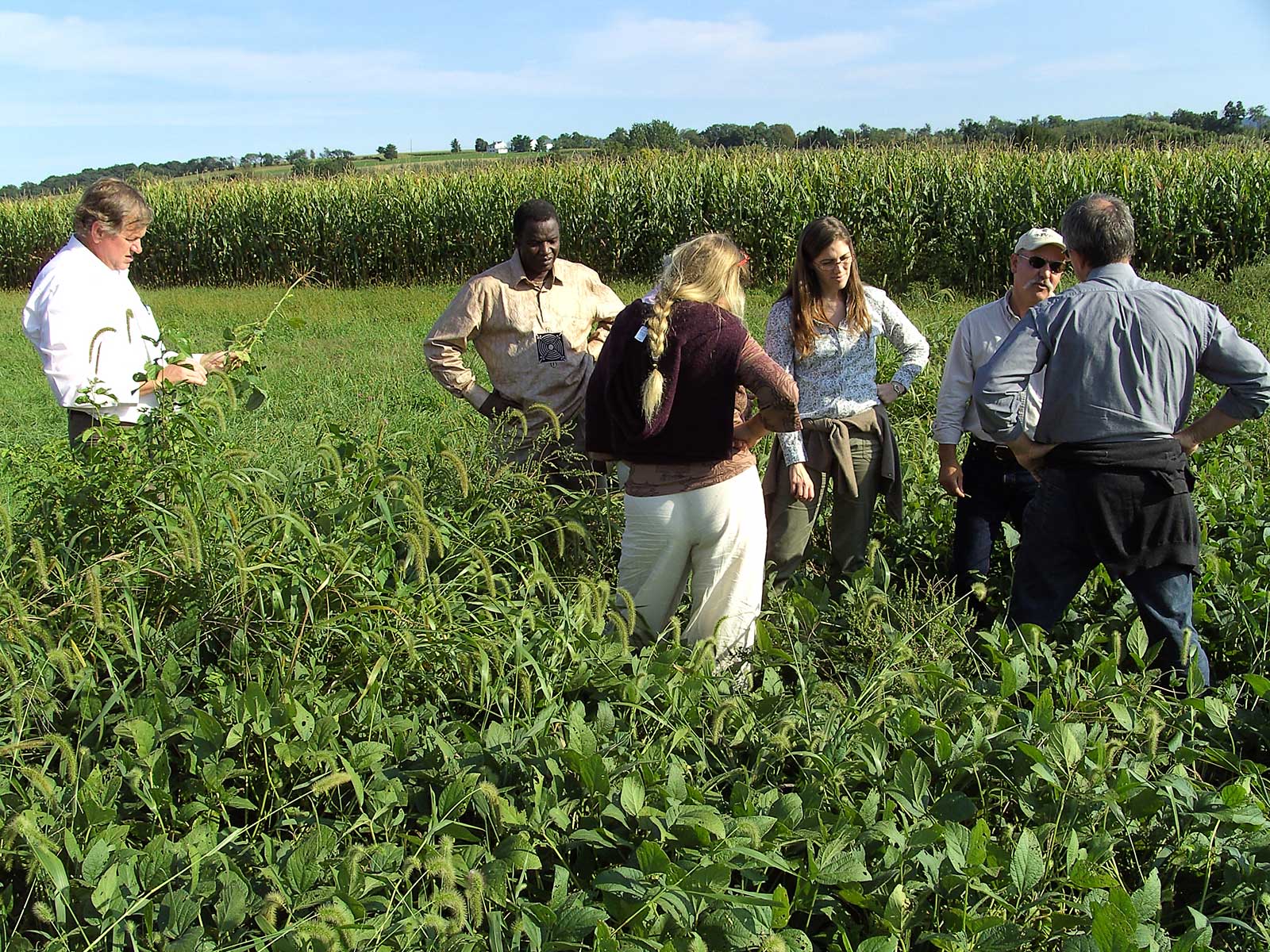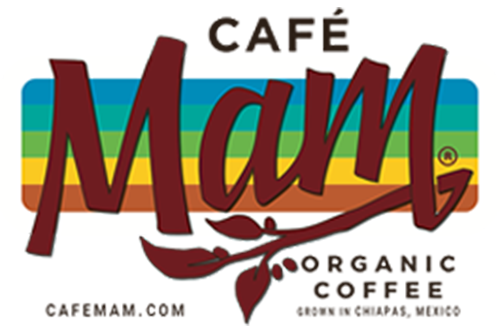The reputation of organic imports has taken a beating recently. A scandal over fraudulent organic labeling of Eastern European grain coming through Turkey threw a spotlight on weaknesses in the USDA’s system for protecting the integrity of imported organic products. Scandals like these are alarming for the entire organic community, and shake the trust on which the organic system is built.
“It’s fundamental to the whole organic system that people buying organic food trust that it meets the standards,” said Miles McEvoy, former deputy administrator of the USDA National Organic Program (NOP). “Protecting integrity protects consumers: they pay higher prices for organic products, so they deserve to get what they’re paying for. It’s also incredibly important for people involved in the production and handling of organic products. They invest a lot in producing organic crops and livestock products all around the world…they need to ensure that they have fair competition, that everybody’s playing by the same set of rules.”

NOP relies on a network of accredited third-party certifiers to certify that farms and handlers meet organic criteria. Certified operations are required (by rule 205.103) to “fully disclose all activities and transactions of the certified operation in sufficient detail as to be readily understood and audited.”
These rules are much stronger than those pertaining to the conventional food trade, but clearly not strong enough to prevent fraud. How can the organic import system be strengthened to ensure trust in the legitimacy and integrity of imported organic foods?
Port authority
One weak spot in the organic import system is at ports of entry. “The U.S. enforcement system is based almost entirely on complaints,” said Diane Bowen, organic policy and guarantee senior advisor at IFOAM, the global organic NGO. “In Europe, there’s more proactive surveillance, including approving certificates of shipments coming in at the border, and also (pesticide) residue testing.”
A recent audit by the Office of the Inspector General (OIG) concluded that NOP “was unable to provide reasonable assurance that NOP-required documents were reviewed at U.S. ports of entry to verify that imported agricultural products were from certified organic foreign farms and businesses that produce and sell organic products.”
NOP, with a staff of 35 people and a budget of $9 million, does not require or check organic import certificates at ports. The audit noted that NOP also does not coordinate with Customs & Border Protection (CBP) or the USDA’s Animal and Plant Health Inspection Service (APHIS), two agencies that do inspect agricultural shipments at ports of entry. As a result, organic certificates are not entered into the CBP’s electronic system for tracking shipments. APHIS could irradiate or fumigate organic shipments with several substances forbidden under NOP rules, and there’s no assurance that these products wouldn’t still be sold as organic.
In response to the OIG audit, NOP entered into a memorandum of understanding with APHIS on Jan. 23, 2017, and is currently working to coordinate with CBP. These moves help bring the United States up to speed with the European Union, which records names, addresses and certifications of “all operators in the trade flow,” as well as customs declaration, transport papers and certificates of inspection. The EU’s TRACES system electronically tracks food (including, as of October 2017, organic food) moving across EU borders, helping establish traceability of shipments.

Even with strong border controls, though, there are plenty of vulnerabilities in the system that committed fraudsters could exploit. Checking certificates at ports of entry won’t do much to stop organic fraud if the papers themselves are fraudulent or expired.
Other tactics include using valid certificates more than once, or using fraudulent documentation to get certified in the first place. Many of the biggest fraud cases have involved mixing conventional products with legitimate organic shipments as they wind their way through long and complex supply chains, effectively using the legitimate organic product as a cloak.
“Border control does not solve all the problems,” said Diane Bowen at IFOAM. “But at least it can be part of a system to tighten up the scrutiny of the trade.”
A global cat-and-mouse game
Much like the recent spate of hacking and data breaches, organic fraud scandals reveal a frustrating truth: controlling the integrity of the organic label is a never-ending cat-and-mouse game, not a solvable problem.
“Fraud has happened in the organic sector throughout the history of organic trade,” said McEvoy. “This organic grain fraud was significant in terms of scale, but it’s not unique.” And yet, “a lot has been done to improve the overall global control system, in terms of strengthening the capacity of certifiers and enforcement agencies.”
A variety of technological solutions are being implemented at the private and public level to guard against fraudulent, expired or double-counted organic certificates. NOP has introduced the Organic Integrity Database, a public, up-to-date index of all operations with a valid certification to help actors along the supply chain verify the validity of organic certificates.
In the private sector, technological innovations such as blockchain — the distributed record-keeping system that powers bitcoin — are already on the market. Blockchain can help defend against double counting by keeping a global, transparent record of all transactions and their corresponding certificates.
However, even ensuring that certificates themselves are above board would not have stopped all of the recent fraudulent organic grain shipments.
“In the Hakan Organics fraud case, the certifiers involved followed all procedures and checked all documents,” said McEvoy. “The certification system works well to verify organic production and trade on a global scale. However, criminal entities that falsify documents are difficult to identify under the current system.”
Similarly, a valid certificate doesn’t defend against mixing conventional products in with an organic shipment.
Preventing these kinds of fraud requires strengthening the traceability of organic shipments. Last summer, NOP released new guidance and training requiring weigh tickets of shipments, and paperwork tracing the product back to the original source. As McEvoy put it, “It’s that additional verification of having an audit trail back to the source, back to the farm, that’s an essential part of preventing fraud.”
“After these incidents…everybody understands that it’s necessary to go down to the field level,” said Gerald A. Herrmann, co-director of the organic consultancy Organic Services. “If you cannot establish the yield, the quantity that is produced, and link that directly to an acreage, then you open yourself up to fraud.”
Organic Service’s Check Organic tools integrate different company’s internal bookkeeping and certificates along the supply chain, using secure logins to guard against fraud. The system references shipments back to the original source, even using satellite data to verify acreage.
Importantly, systems like Check Organic also give buyers and sellers along the supply chain solid information on each other, allowing them to build stronger relationships.
“Trust between people over the years builds reliability and acts against fraud,” said Herrmann. Both the U.N. and IFOAM underscore the importance of stakeholders building long-term relationships and policing one another to maintain organic integrity.
Detailed, real-time traceability tools like this can help defend against multiple varieties of fraud, including mixing conventional product into organic shipments. Technologies like QR codes or Radio-Frequency IDs (RFIDs) can also help track shipments as they move through supply chains by physically connecting the shipments with electronic information.

A good system worth defending
Recent fraudulent organic import scandals have brought attention to the many ways fraudulent goods can sneak their way into the complex global organic supply chain, and weaknesses in the system to control against them. Like data-hacking scandals, these incidents can reveal the depressing reality that it is impossible to maintain an open and free system that is also completely secure. But by identifying and addressing weak points in the control system, it’s possible to keep fraud to a minimum and defend the integrity of the organic system as a whole.
That system is worth defending; consumers benefit tremendously from importing organic produce from around the world. There are few places in the United States where crops like mangoes and avocados can grow, so these products would be very costly or unavailable without importing them. Organic imports also help keep supply steady for seasonal foods like strawberries, or build up consumer familiarity and demand while U.S. production ramps up for crops not familiar to Americans. The premise of the organic system is to allow consumers to make a choice to eat responsibly grown food, and international organic trade allows us to do so without sacrificing coffee and avocado toast.
Beyond that, international organic trade extends the benefits of organic production beyond our borders.
“There are organic farmers all over the world who are doing great work and want to participate in this marketplace, both for their economic viability and their communities’ health and welfare,” said McEvoy. “The thing that excites me most about organic agriculture is how it transforms communities, from an environmental perspective, but also so that farmers aren’t exposed to toxic pesticides. And there’s better employment…wages go up and poverty goes down in areas where there’s a lot of organic production.”
From coordinating federal agencies at ports, to guarding against fraudulent certificates, to tracing supply chains back to the source, major improvements to the system are underway. Technologies like blockchain and RFID trackers, as well as transparent databases, integrated bookkeeping and supply chain management software can help reduce the money and time needed to meet these higher standards. Smarter enforcement, better technology and coordination along the supply chain can help preserve the benefits of international organic trade without sacrificing the integrity of the organic system.





















